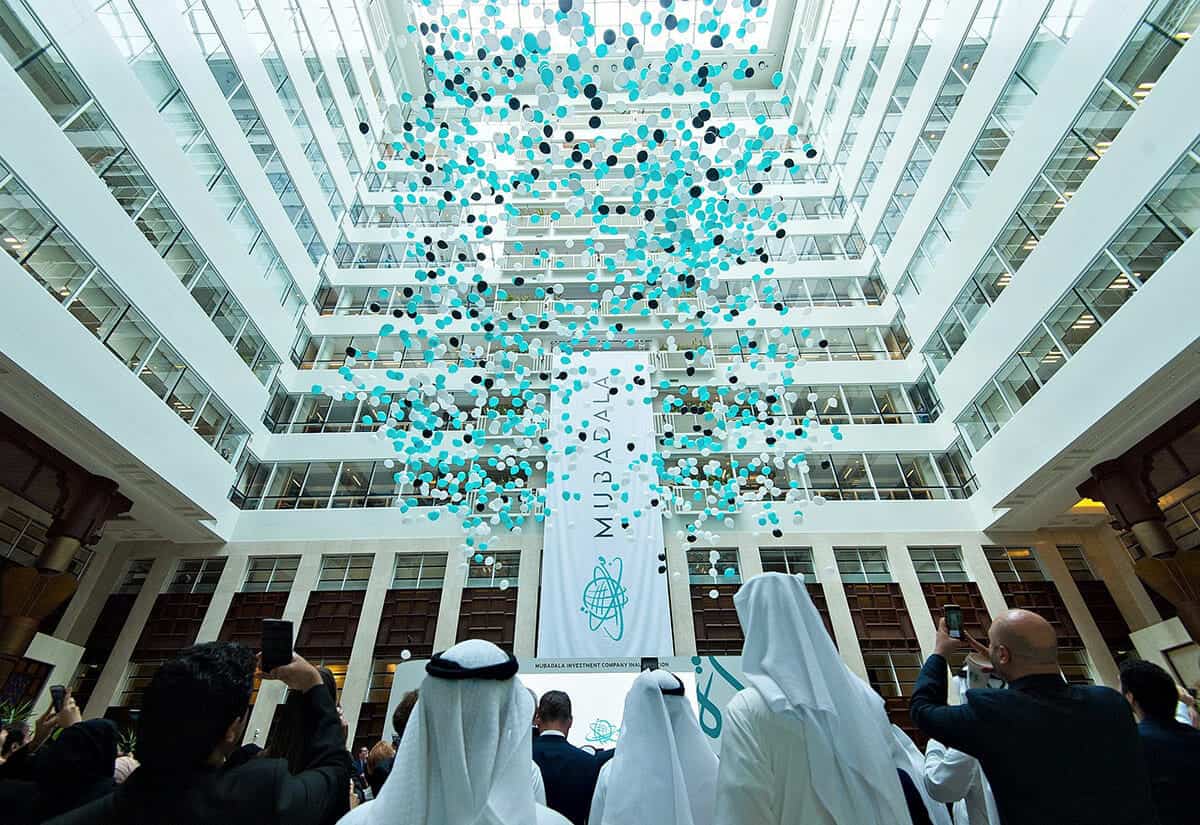Abu Dhabi, UAE – Mubadala Investment Company invested AED 107 billion ($29 billion) in sectors that shape the future, including life sciences, renewable energy, and digital infrastructure, the company reported in its 2022 financial results, surpassing global benchmarks despite a challenging economic environment.
It participated in significant deals in the healthcare sector, investing in Envirotainer, a cold chain solutions provider for the pharmaceutical industry, alongside EQT. Additionally, Mubadala, together with Warburg Pincus, invested in the purchase of Informa Pharma Intelligence, which was later rebranded as Norstella.
In the renewable energy sector, Mubadala invested USD 525 million with BlackRock Real Assets in Tata Power Renewables, one of India’s largest renewable energy companies.
Mubadala, along with co-investors such as Global Infrastructure Partners (GIP), also acquired a 100 percent interest in Skyborn Renewables, the world’s largest private offshore wind developer.
The company made significant investments in digital infrastructure, deploying $350 million in PDG, a leading data center platform in Pan-Asia. Mubadala also increased its equity commitment in CityFibre, the UK’s largest independent Full Fibre platform, with an additional investment of GBP 300 million ($420 million).
Apart from these investments, Mubadala allocated capital to real estate, infrastructure, private equity, and credit. This included ventures such as a joint venture with Ares for European real estate credit, a private equity partnership with Ardian worth $2.1 billion, and a partnership with KKR to invest in performing private credit opportunities in the Asia-Pacific region.
To further support its investment strategy, Mubadala received proceeds of AED 106 billion ($29 billion), including the sale of its stake in Borealis, Minas de Aguas Teñidas (MATSA), and Glencore.
Khaldoon Khalifa Al Mubarak, Managing Director and Group CEO, said that the company outperformed benchmarks, staying the course with their long-term strategy of investing in key markets and sectors despite global headwinds impacting financial markets and investor sentiment.
“Mubadala also invested in sectors providing stable financial returns, such as real estate and hard infrastructure. We increased our exposure to other alternative investments, including private equity and private credit, to help weather the disruption to traditional asset classes,” he said. “We continued our active monetisation programme, with proceeds of AED106 billion to recycle capital into high-potential sectors and geographies, including Asia where we see significant investment potential in technology, digital infrastructure and the energy transition.”
At the end of 2022, Mubadala’s Assets Under Management surpassed AED 1 trillion ($270 billion).
In 2022, Mubadala outperformed major equity market benchmarks such as the Nasdaq Composite (-33.1 percent), S&P 500 (-19.4 percent), and Dow Jones Industrial Average (-8.8 percent).
Mubadala, as a long-term investor, does not disclose annual revenue, net income, or Total Comprehensive Income on an annual basis, but instead focuses on multi-year metrics.

